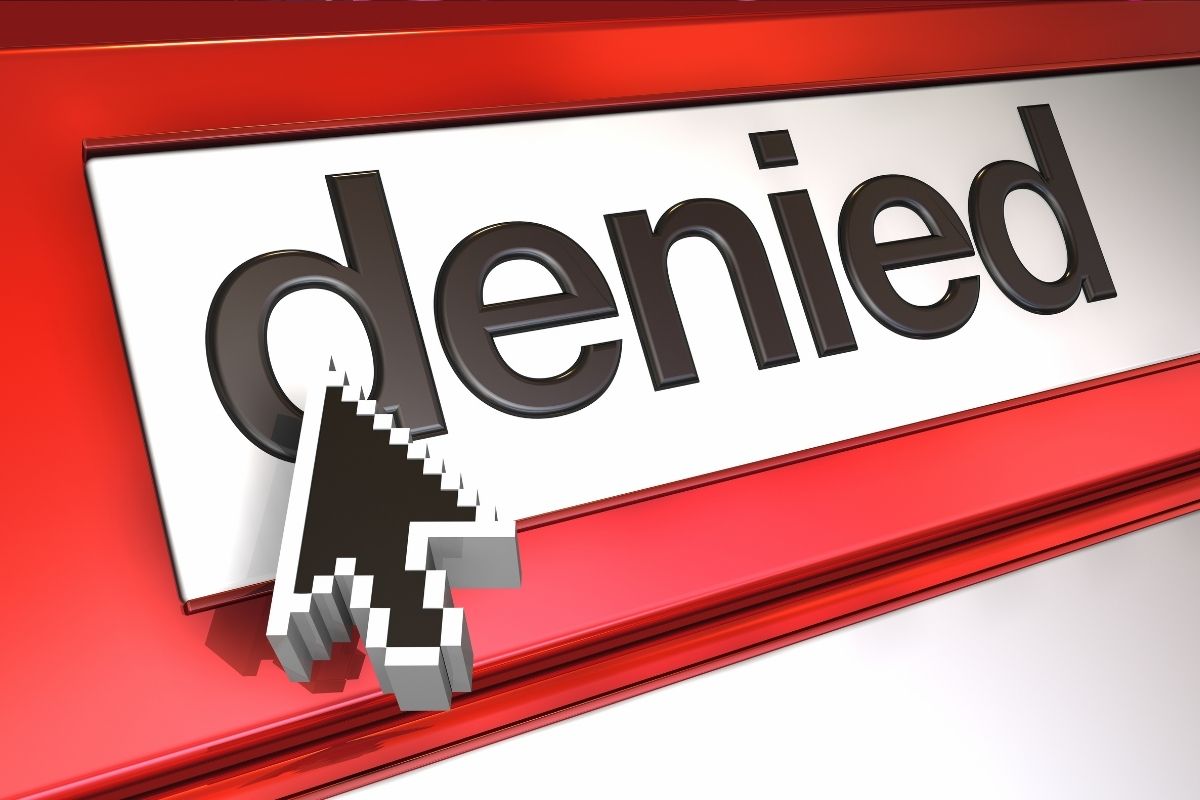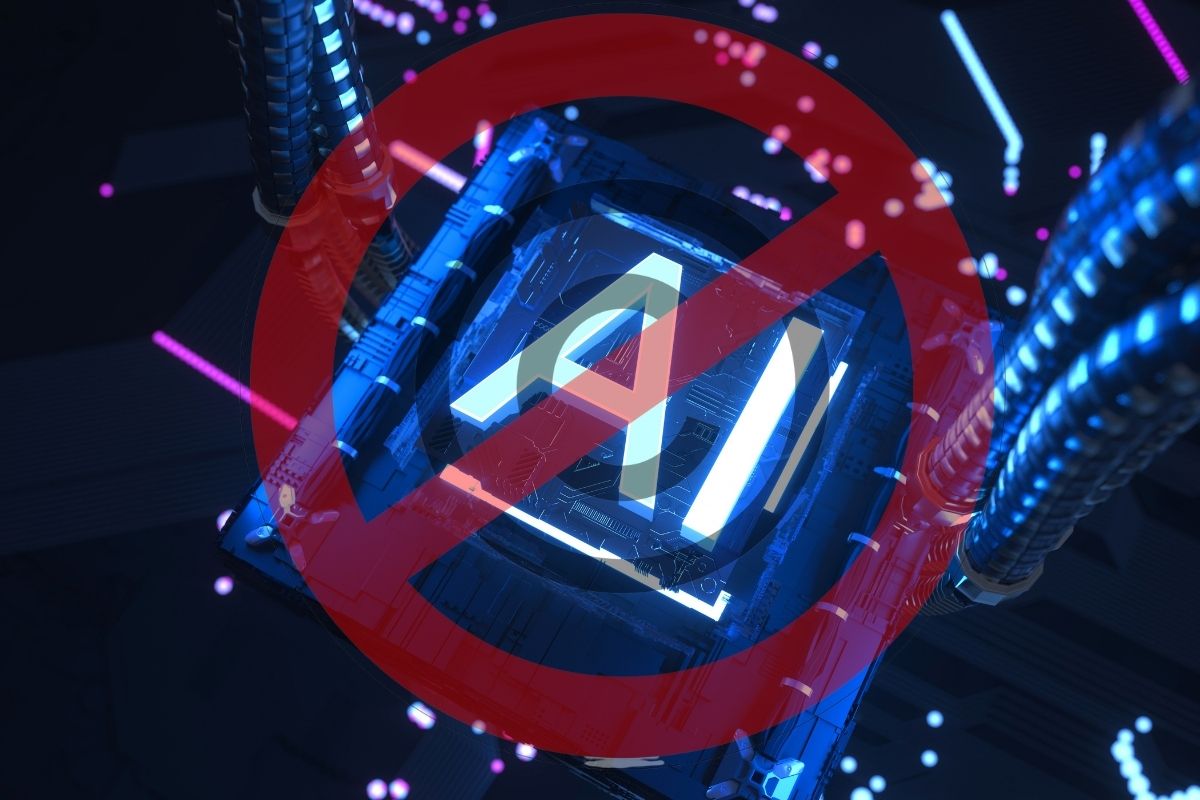USCO says that artworks made by artificial intelligence are not eligible for copyrighting.
AI art is now a thing, but not something that is eligible for a copyright, according to officials from the US Copyright Office (USCO).
The USCO says that artwork “must be created by a human being” to be eligible for a copyright.
Not for the first time, the US Copyright Office has denied an effort to copyright AI art, which was created by an artificial intelligence system and not by a person. The artwork copyright filing was submitted by Dr. Stephen Thaler. The piece was called A Recent Entrance to Paradise. Thaler’s submission was a second request for the same piece. He hoped to overturn the USCO’s 2019 ruling that “human authorship” is required, calling the regulation unconstitutional.
In the USCO’s most recent ruling, as described in an Engadget report, the agency did accept that the work was created by an artificial intelligence system that Thaler referred to as the Creativity Machine. Thaler’s application was to register the artwork “as a work-for-hire to the owner of the Creativity Machine.”

The office once again declined the copyright request as it does not apply to AI art.
The USCO’s ruling stated that current copyright law will provide protections only to pieces that are “the fruits of intellectual labor” which “are founded in the creative powers of the [human] mind.” Due to the nature of that law, works eligible for copyrighting “must be created by human beings.” The office also stated that it would not be registering works “produced by a machine or mere mechanical process,” which lack a human author’s intervention or creative input.
According to the USCO, Thaler had not provided adequate evidence that A Recent Entrance to Paradise involved human authorship. The agency also stated that Thaler wasn’t able to convince officials “to depart from a century of copyright jurisprudence.” That is, Thaler’s argument was inadequate to get them to change the rules.
The USCO’s ruling on the AI art pointed out that courts at various levels – including the Supreme Court – have “uniformly limited copyright protection to creations of human authors,” and that cases taken to lower courts have “repeatedly rejected attempts to extend copyright protection to non-human creations,” such as when an animal clicked the shutter to take a picture.

